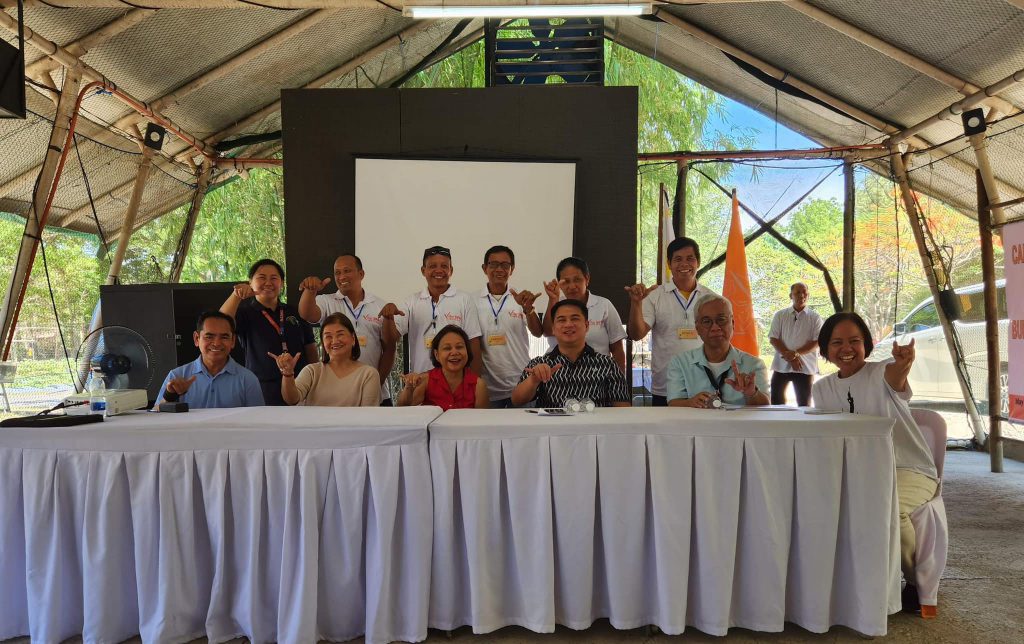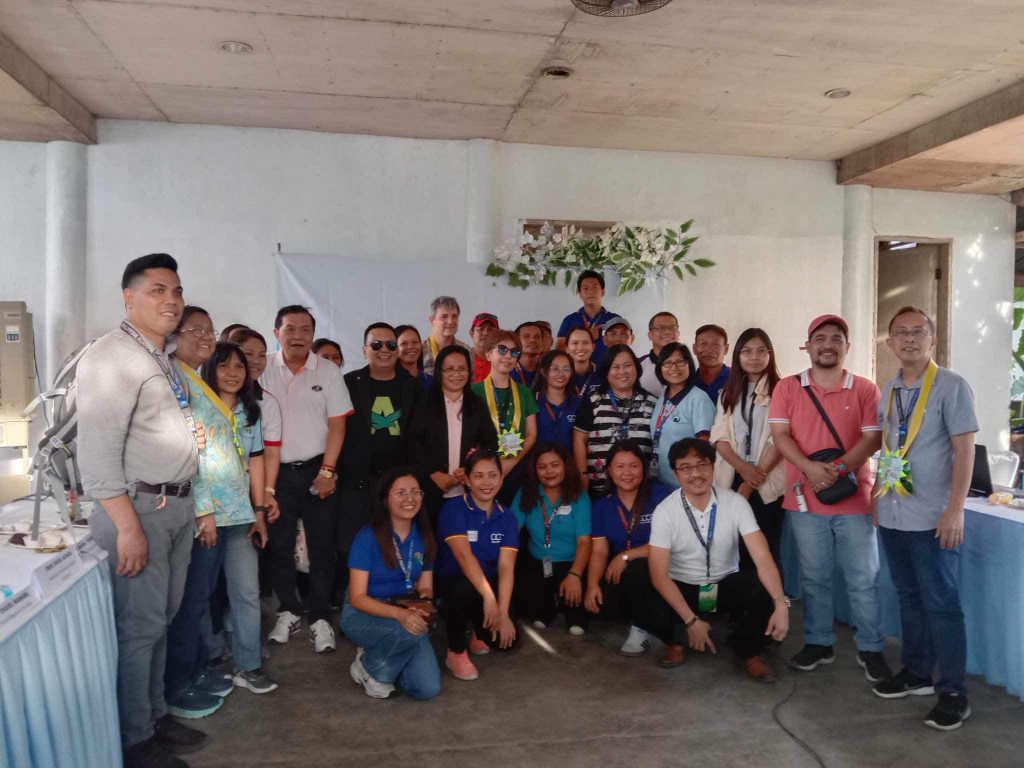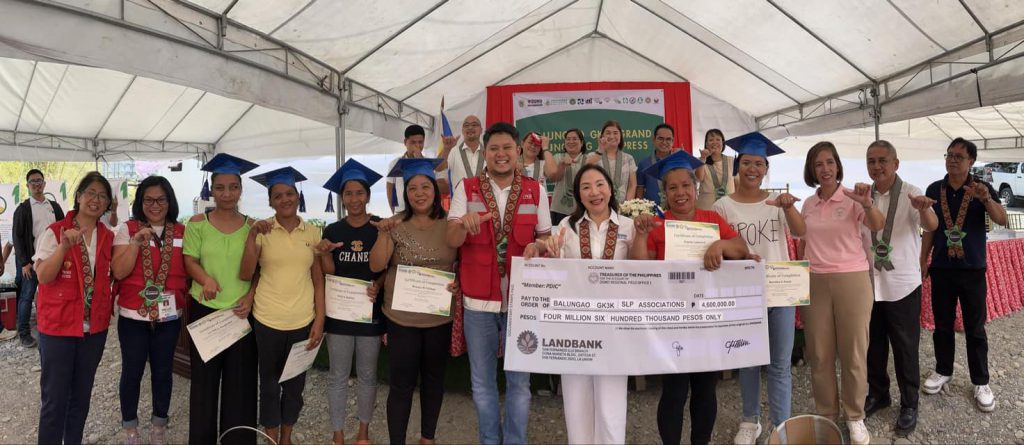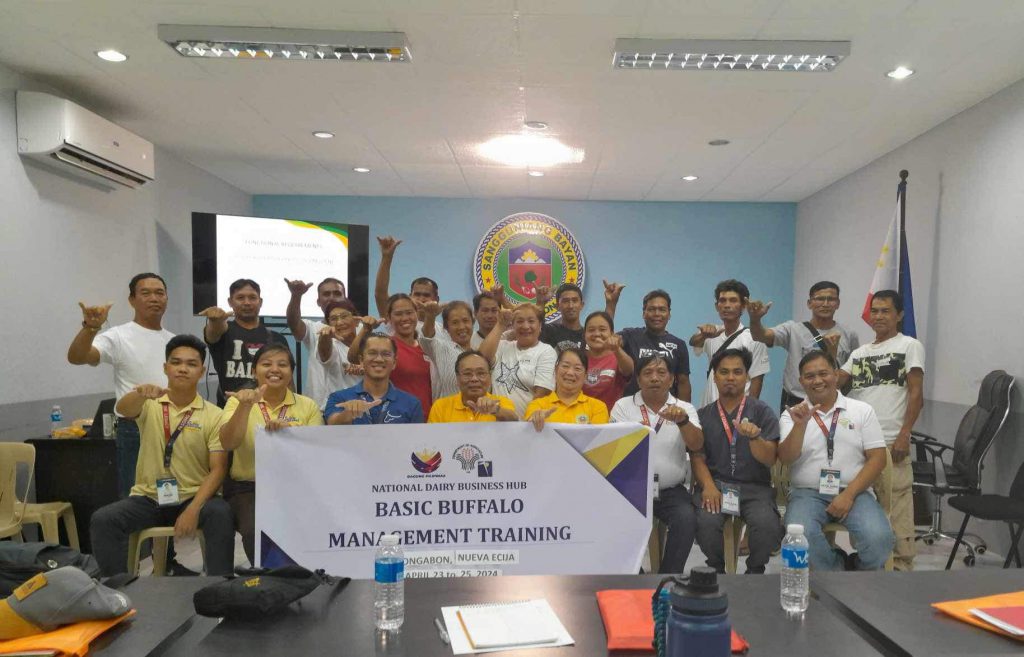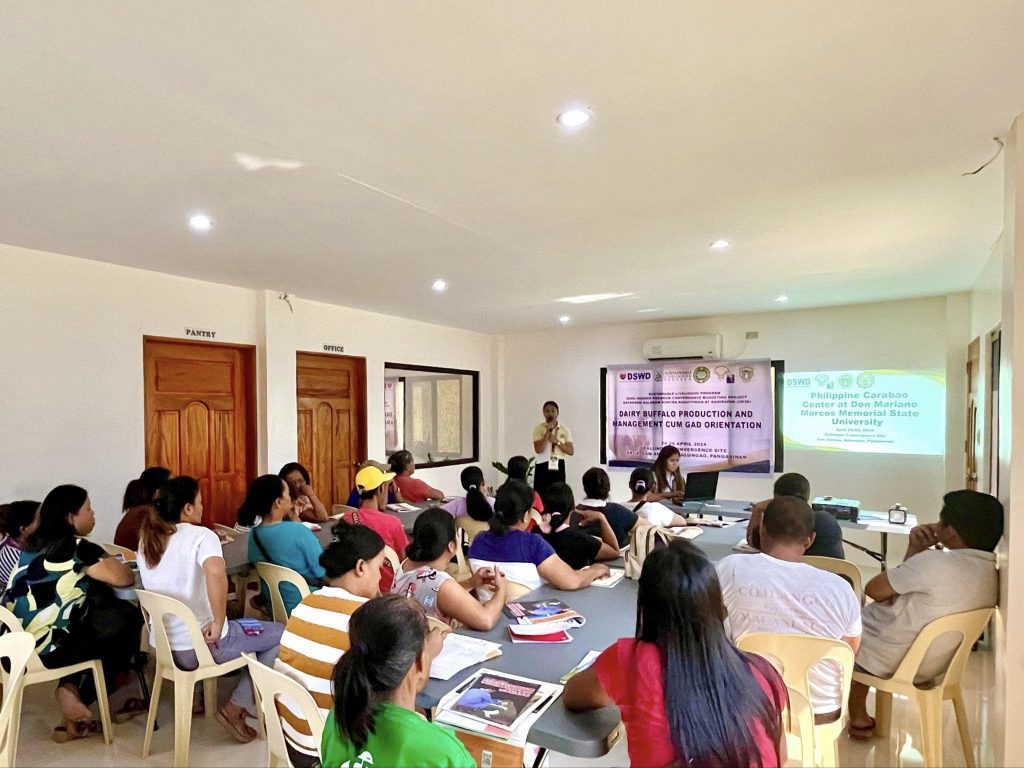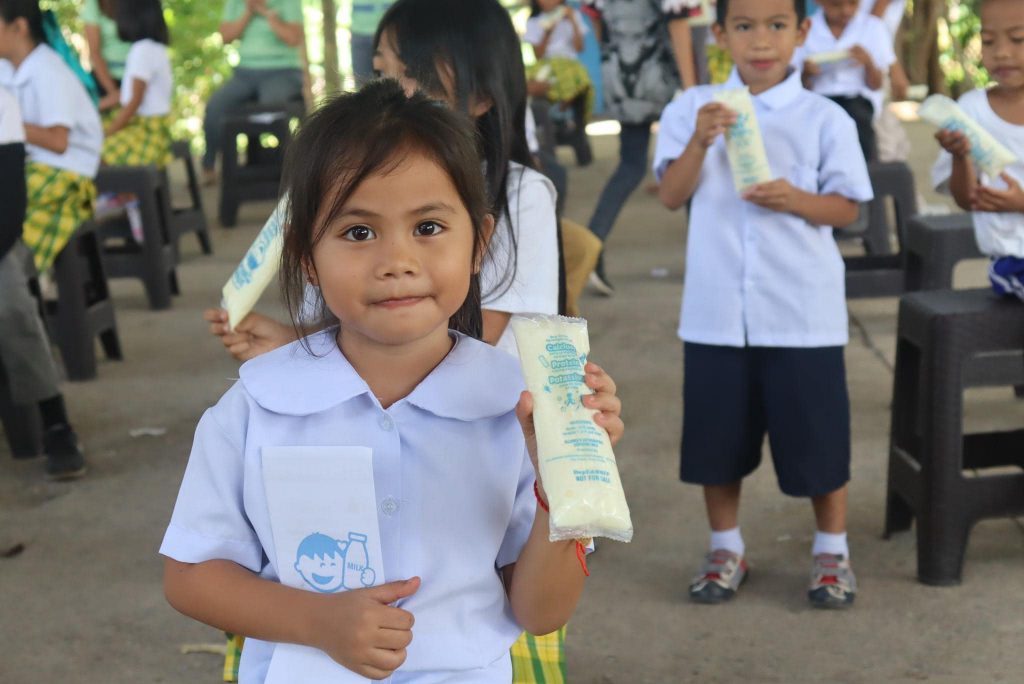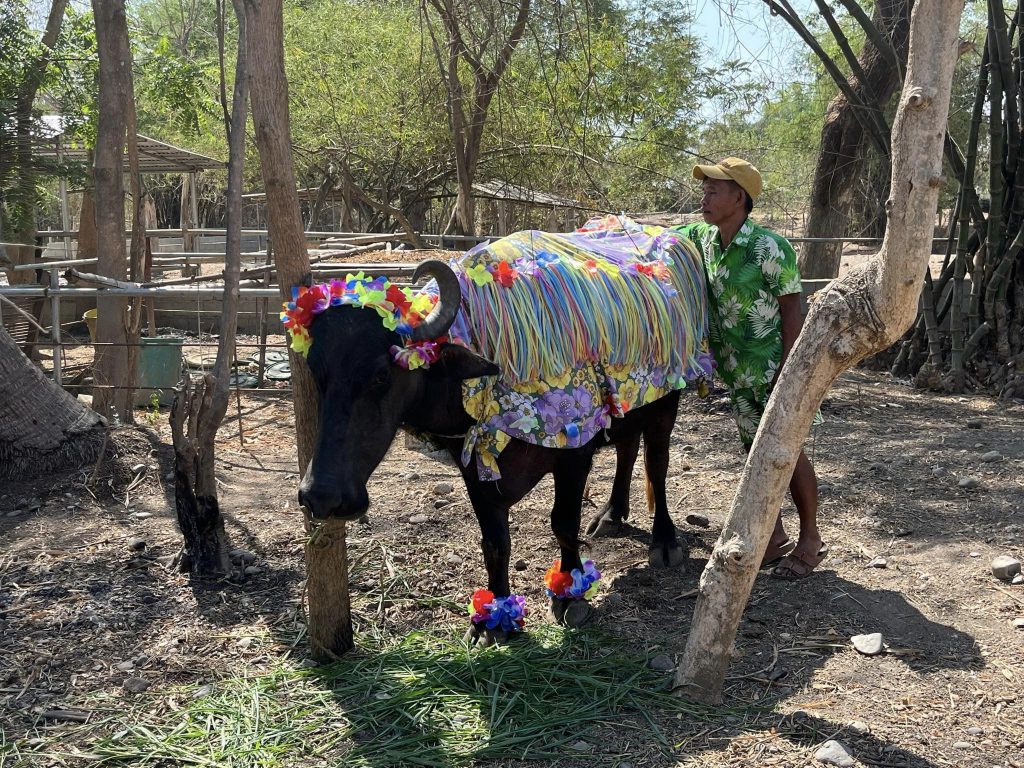Senator Cynthia Villar, chair of the Senate Committee on Agriculture, Food, and Agrarian Reform, emphasized the importance of education and skill development in achieving economic upliftment for farmers through farm schools.
“We carry the values of perseverance and diligence so we can provide a better future for the Filipino people,” she averred at the opening program of the training on “Capacitating Coconut Farmers on Dairy Buffalo Production for Increased Income,” held May 7, 2024, at the Villar Foundation Farm School and Tourist Farm located in Las Piñas-Bacoor, Cavite.
She urged the participants to apply the knowledge they gained from the training back in their home provinces.
The training initiative is a collaborative effort between the DA-Philippine Carabao Center (DA-PCC) and the DA-Philippine Coconut Authority (DA-PCA), in partnership with the Villar Social Institute for Poverty Alleviation and Governance (SIPAG) Farm School. It focuses on educating coconut farmers about proper dairy buffalo production and management and enterprise development through a combination of lectures, demonstrations, and hands-on activities. The training is part of the Coconut-Carabao Development Project (CCDP), funded by DA-PCA.
Senator Villar recounted a visit to a barangay in Pagadian City, which inspired her support for the dairy buffalo enterprise model. This model involves local families managing dairy herds, processing, and selling dairy products locally. Curious about the economic viability of such enterprises, she advances the need for 50 carabaos per operation. The combination of Pagadian’s backyard dairy production and the DA-PCC’s Dairy Box branding impressed her leading to her resolve to allocate funds to replicate this model nationwide.
The following year, Senator Villar allocated a PHP170 million budget to the DA-PCC to expand this model to 17 provinces, eventually named Accelerating Livelihood Assets Buildup (ALAB) Karbawan. Each province received PHP10 million to cover the procurement cost of 50 carabaos, one processing facility, and other miscellaneous expenses.
The ALAB Karbawan is an umbrella program initiative and popularized name for the province-wide Carabao-based Enterprise Development implementation projects namely Carabao-based Business Improvement Network (CBIN) and CCDP. Its primary goal is to establish robust carabao-based enterprises in recipient provinces, thereby generating livelihood opportunities for farmers.
Dr. Liza G. Battad, DA-PCC executive director, expressed her gratitude to Sen. Villar for her continuous support to carabao-based enterprise programs, which provide livelihood and business opportunities for dairy farmers nationwide.
PCA Administrator Dr. Dexter R. Buted also expressed gratitude and emphasized the crucial role of coconut-carabao farmers in sustaining the country’s agricultural productivity.
The three-day training event, which will run until May 9, includes comprehensive modules on various aspects of buffalo dairy management, including nutrition, animal health, and milking practices.
Some 30 farmers from the CALABARZON, MIMAROPA, and Bicol regions are participating in this initiative, all beneficiaries of the CCDP.

